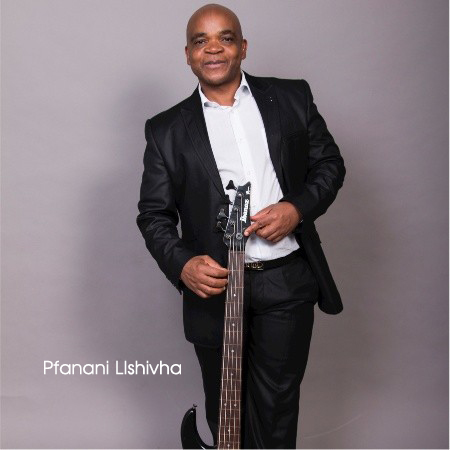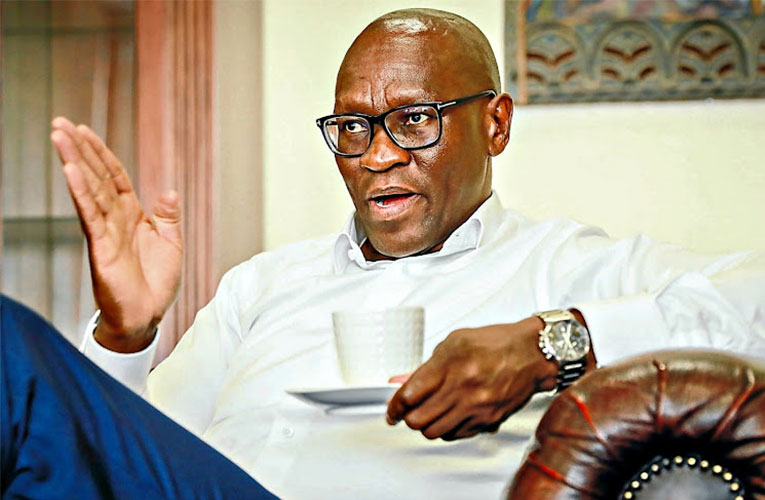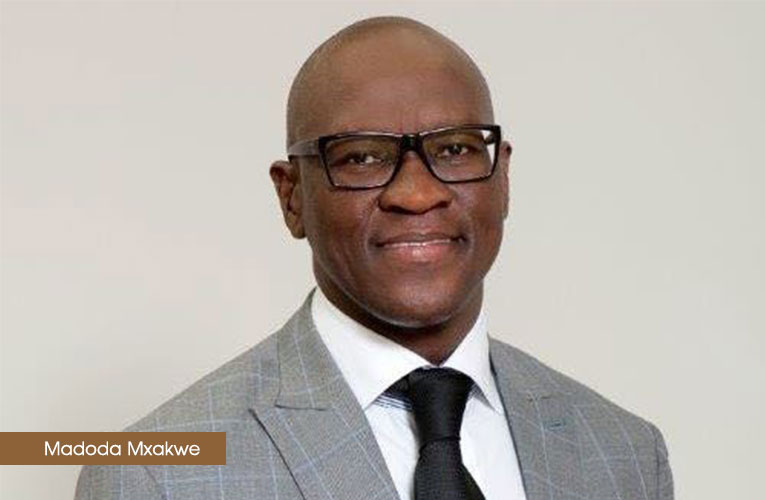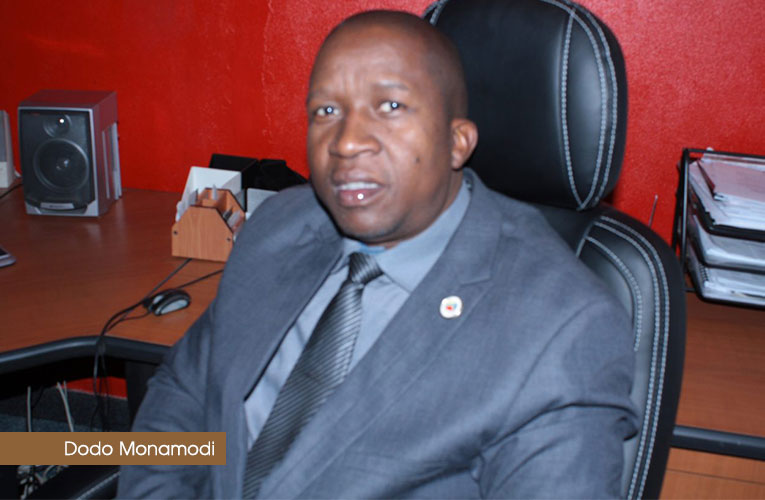SABC royalties dispute Part 4: Public broadcaster denies dragging its feet in paying artists’ royalties, blaming the delay on the collection societies
By Edward Tsumele, CITYLIFE/ARTS Editor

The South African Broadcasting Corporation has come back with their guns blazing over the allegations that they owe music collection societies millions of Rands that should be paid to record labels and artists as royalties for needletime. Needletime is the money that is due to artists and their record labels each time SABC radio stations play a song as part of their programming.
CITYLIFE/ARTS carried an article on Tuesday emanating from an interview conducted with South African Music Performers and Rights Association (SAMPRA)in which its Chief Executive Officer Pfanani Lishivha, reiterated public statements he had been making from last week that the SABC owed SAMPRA R250 million that must be passed on to record labels and artists members as royalties. In that interview Lishivha said that SAMPRA had been pursuing the public broadcaster over the money for the past four years without sucess, and therefore, the collection society was planning to take the SABC to court in “two weeks time” and also demands that in the meantime, there must be a complete music black out until such time that the money is paid.
“The SABC has ignored evidence presented to them that we represent not less than 99% of all tracks performed and circulated in South Africa, whether local or international.
The SABC has deliberately misinterpreted the provisions of the Copyright Act and the Performers’ Protection Act.
The SABC has tried to hide behind the fact that there’s another needletime right CMO (Collective Management Organisation what is generally known as collecting society).and IMPRA, (Independent Music Performers Rights Association),, and that it makes it difficult for them to know what percentage to pay to which CMO – even though they went ahead and paid IMPRA 75% of the royalties for the 2014/15 financial year despite the fact that IMPRA represents no one, and we had demonstrated to the SABC that we represented not less than 99% of all tracks performed and circulated in South Africa, whether local or international. We have also indicated to the SABC that the issue of having competing CMOs is not unique to South Africa. Italy has four needletime CMOs; Canada has three, France has two; and Ukraine has nineteen. But this has never posed a problem to any radio broadcaster in these territories because broadcasters know that payment is made in terms of repertoire representation. Why is this a problem for the SABC?,” Lishivha said in that interviewed published on CITYLIFE/ARTS on Tuesday this week.
Not so, maintains the public broadcaster. Instead the SABC puts back the blame squarely on the shoulders of the two collecting societies in South Africa, SAMPRA and Independent Music and Performers Rights Association (SAMPRA), which is headed by and was formed in 2014, adding the number of music collection societies in South Africa to two. The SABC claims that the two organizations themselves are failing to agree on the percentage split of royalties, and therefore, making it impossible for the SABC to know which amounts should be paid to which of the two.
In a statement sent to CITYLIFE/ARTS yesterday July, 21, 2021, titled: The SABC Sets the Record Straight on the Allegations on Non Payment of Needletime Royalties to Artists, the public broadcaster vehemently denied that it is dragging its feet in paying the royalties, describing the allegations as “gross misinformation”.
“The South African Broadcasting Corporation (SABC) has noted with concern the scathing allegations leveled against the Corporation by SAMPRA and some music artists through public statements.
The Corporation views this matter in a serious light and would like to clarify the gross misinformation which is being fueled by SAMPRA. The SABC has a legal obligation to pay a predetermined percentage of needeltime royalties to registered and accredited Collecting Societies. Currently, there are two known registered and accredited Collecting Societies namely, IMPRA and SAMPRA.
The SABC has set aside an amount due for payment of needletime royalties and has always been ready to pay the amount to the relevant Collecting Societies. Both IMPRA and SAMPRA are aware of this. However, the SABC has not paid needletime royalties to either Collecting Society as the two Collecting Societies have not agreed on the percentage split of the determined amount.

“To facilitate the resolution of the dispute between the two Collecting Societies, the SABC had proposed that the matter be referred to Arbitration for speedy resolution. Regrettably, notwithstanding the in-principle agreement to refer the matter to an arbitration process, the two Collecting Societies could not agree to the scoping of the dispute. Thus, the Arbitration could not be pursued.
It is imperative to note that the SABC cannot pay needletime royalties to any Collecting Society whilst a dispute on the percentage split between the two Collecting Societies remains unresolved. Further, the resolution of the percentage split is dependent on the two Collecting Societies and not on the SABC.
“The SABC met with the two Collecting Societies on the 08th of May 2020 to discuss ways in which all parties can resolve the long-standing dispute on the allocation of needletime royalties and key on the agenda was to find a solution to urgently address the challenges faced by artists during the COVID-19 pandemic.
“Whilst the dispute on the allocation of needletime royalties was not resolved on the day of this meeting, all parties agreed to embark on an arbitration process to resolve the legal dispute on the allocation of needletime royalties. Most importantly, in order to help bring relief to the beneficiaries of needletime royalties, and as part of the SABC’s commitment to the payment of needletime royalties, the SABC has already made an advance payment of R20 million to both Collecting Societies.
It must be noted that according to the Registrar of Copyright at the Companies Intellectual Property Commission (CIPC) at the DTI, the SABC does not pay the Artists and the Owner of the song (Record Company and Performers) directly for needletime royalties. It pays the Artist and the Owner of the song via the Collecting Societies. The Artists are at liberty to approach the Collecting societies.
The SABC has also learnt through the media that SAMPRA is intending to approach the Court. As a matter of principle, the SABC does not litigate through the media; therefore, we will deal with the matter once we are served with the relevant papers.
“The Corporation SABC will continue to work with the Collecting Societies and other relevant stakeholders for the growth and development of the South African music industry,’ the statement issued by SABC Group Executive for Communications.
CITYLIFE/ARTS was last night unable to get comment from both Lishivha and Dodo Monamodi, President of SAMPRA. This is a developing story and when we get the comments from the two organizations, we will publish them in later editions.
The SABC whose Group Chief Executive Officer is Madoda Mxakwe, is has been in the red for years now, forcing the public broadcaster to cut operations costs, including the recent retrenchment of staffers. But last year the SABC made its first profit in years as it is currently implementing a turn-around strategy that it believes will see the public broadcaster become profitable again.












